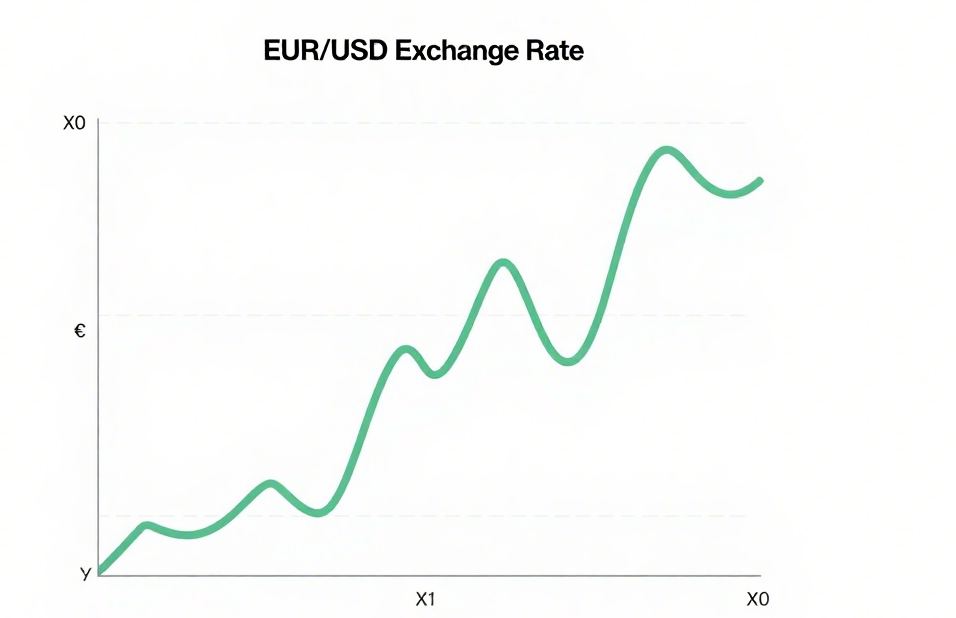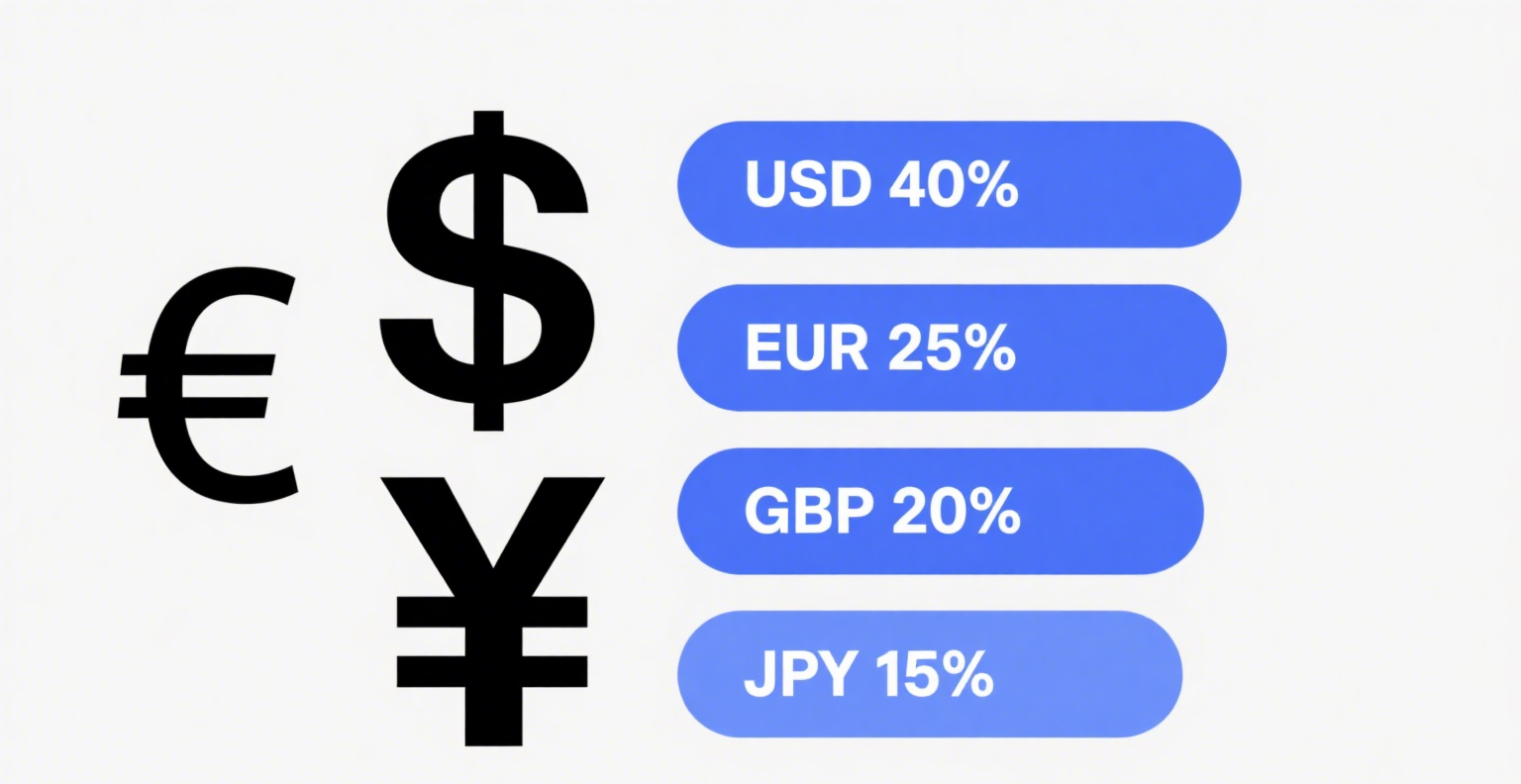
3. Coping Strategies
-
Trust Your Own Judgment
Relying on others is futile—price fluctuations are driven by complex factors, especially herd mentality. Investors who follow the crowd often rush into trades without understanding the market, or panic-sell when others exit. This makes them easy prey for market manipulators. Develop independent judgment; don’t be swayed by others.
Tips and insider rumors may enrich a few in the short term, but long-term success requires self-reliance. "Insider" leaks tied to market makers are often traps. Those who profit from rumors are far fewer than those who lose. Study the market, ignore the noise.
-
Reduce Trading After Success
No one wins indefinitely. After a winning streak, pause to reflect. Review your trades for flaws—especially when others applaud your success, as complacency breeds failure.
Trading is both financial and psychological. Overstimulation leads to overtrading. In trending markets, frequent wins create false confidence, but when the trend reverses, relentless trading becomes suicidal.
Smart traders scale back after success—or take a break. Resting preserves capital and clarity for future opportunities.
-
Patience Over Impulse
"Slow and steady wins the race." Impatience is a market killer. Chasing trends often ends in wipeouts. Remember: the market offers endless chances—missing one is irrelevant.
Impulse trading stems from FOMO (fear of missing out). For example:
-
Chronic Overexposure: Jumping in/out of positions without patience increases error rates.
-
Poor Timing: Buying hastily, selling reluctantly—the opposite of "buy carefully, sell decisively."
The market never runs out of opportunities. Focus on quality, not quantity.
-
Contrarian Thinking
Markets are zero-sum; most lose. If 70% of traders predict a direction, it’s likely wrong. Classic signals (e.g., "three white soldiers") become traps when everyone acts on them.
Being contrarian isn’t rebellion—it’s assessing overlooked risks/rewards. When others greedily buy, consider shorting; when they panic, scout for bargains.
-
Tame Greed
Greed isn’t inherently bad—it prevents missing rallies—but excess greed ignores risk. Common pitfalls:
-
Holding Too Long: Waiting for "peak" prices, only to watch profits vanish.
-
Waiting Too Long to Buy: Hoping for cheaper entries, missing rebounds.
Investing is like eating fish: skip the head and tail; the middle is plenty. Avoid chasing perfect entries/exits.
-
Avoid Gambling Mentality
The "get-rich-quick" mindset is lethal. Winners who double down recklessly often blow up accounts. Markets aren’t casinos—plan trades, manage risk.
For beginners: Master single trades before scaling up. If you can’t profit consistently, leverage will magnify losses. Treat capital like soldiers: deploy them strategically.
















